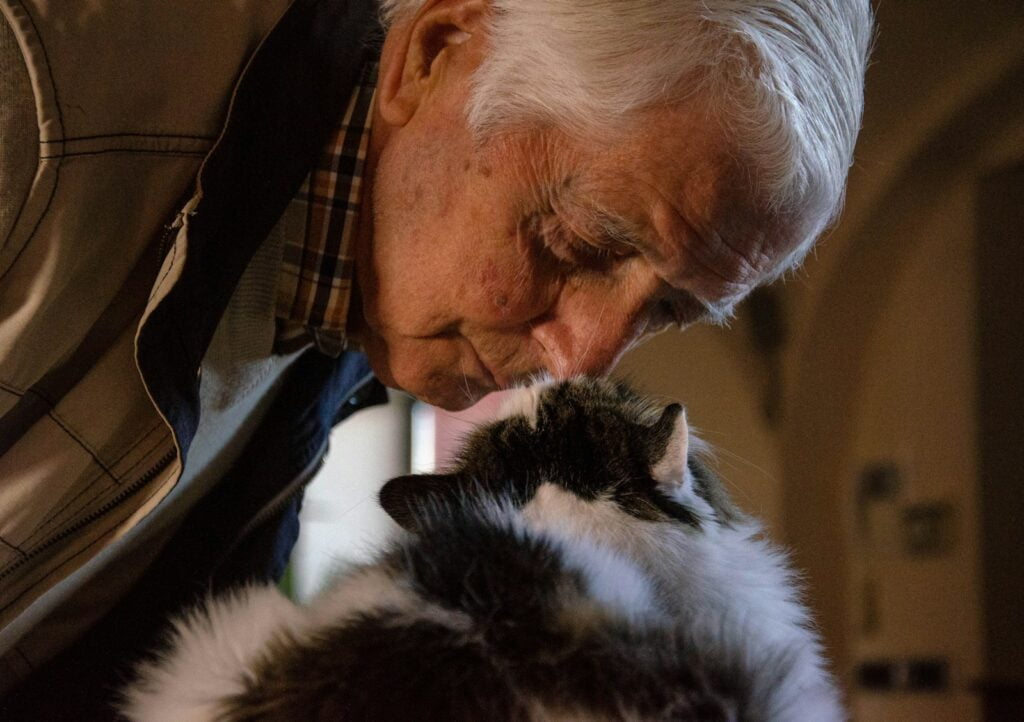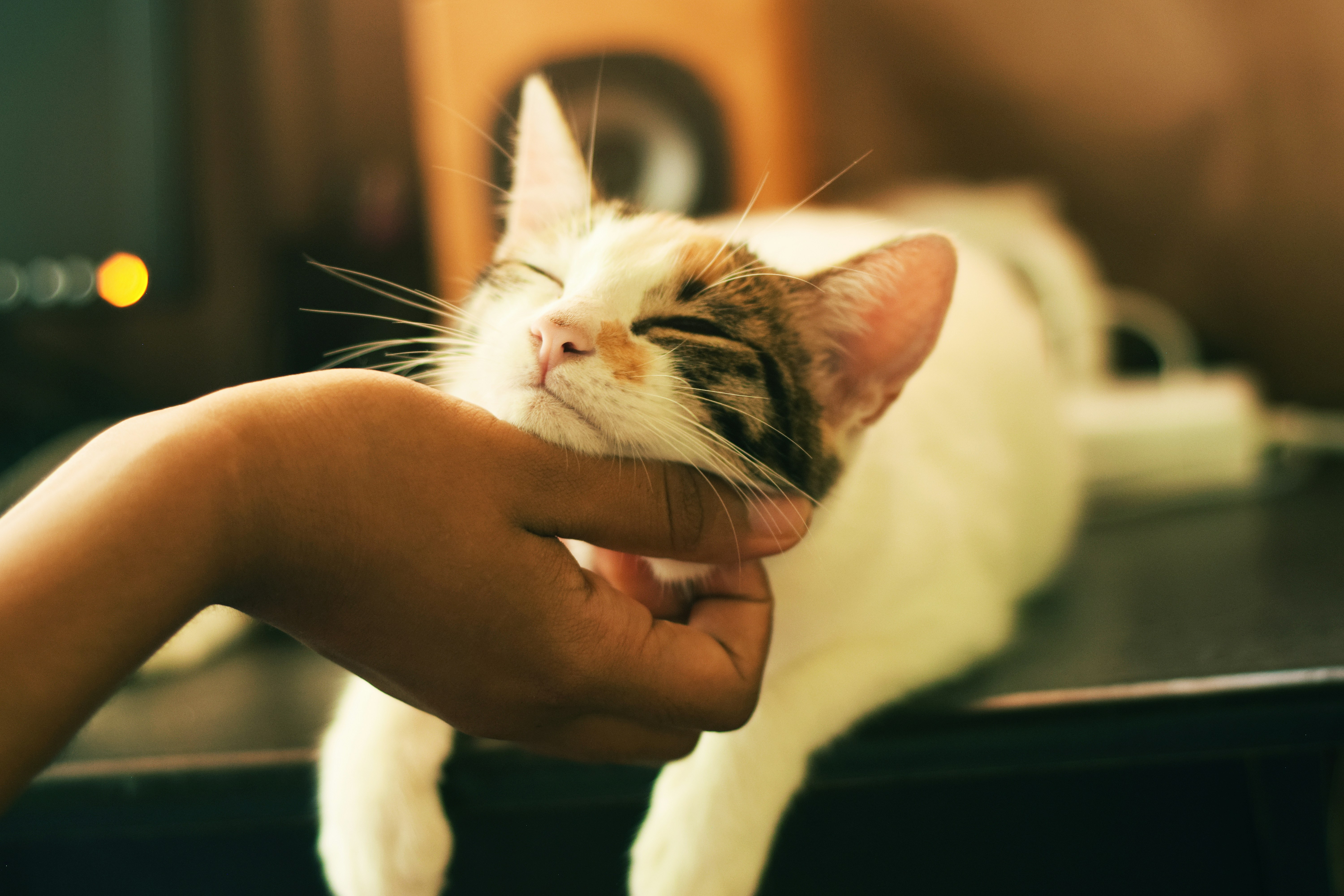The Power of Pet Therapy
As we age, we often face additional challenges and obstacles that can lead to feelings of isolation or depression. However, there are various therapeutic methods available to help seniors overcome these difficulties. One such method that has been gaining significant attention is pet therapy. Pet therapy, also known as animal-assisted therapy, is a type of therapy that involves interactions between a person and a trained animal, along with an animal handler.

Physical Health Benefits
Increased Physical Activity
One of the primary benefits of pet therapy for seniors is the increase in physical activity. Walking a dog or even just stroking a cat can help seniors maintain a healthy level of physical activity, which is crucial for overall health and well-being. Regular physical activity can help improve cardiovascular health, maintain a healthy weight, and improve overall mobility and flexibility.
Lowered Blood Pressure and Heart Rate
Interacting with a pet can produce calming effects that lower blood pressure and heart rate. This can be particularly beneficial for seniors with heart conditions. In fact, some studies have shown that pet therapy can reduce the need for certain medications.

Mental Health Benefits
Reduced Stress and Anxiety
Animals, especially dogs and cats, have a unique ability to provide unconditional love and companionship, which can significantly reduce feelings of stress, anxiety, and loneliness. Simply petting an animal can release endorphins, which are chemicals in the brain that produce a sense of calm and well-being.
Improved Mood and Quality of Life
For seniors who may be dealing with depression or feelings of isolation, pet therapy can provide a much-needed mood boost. The companionship provided by a pet can help seniors feel more connected and less alone. Furthermore, taking care of a pet can provide a sense of purpose and improve overall quality of life.

Enhanced Social Interaction
Pets often serve as social icebreakers, making it easier for seniors to engage in social interactions. Whether it’s chatting with a fellow dog walker in the park or sharing pet stories with visitors, pets can help seniors maintain social connections, which is crucial for mental and emotional well-being.
Conclusion
In conclusion, pet therapy offers a host of physical and mental health benefits for seniors. From increased physical activity and reduced stress to improved mood and enhanced social interaction, the power of pet therapy is undeniable. However, it’s important to remember that pet ownership is a significant responsibility and may not be suitable for everyone. Therefore, seniors considering pet therapy should carefully consider their lifestyle, health status, and personal preferences before adopting a pet.




